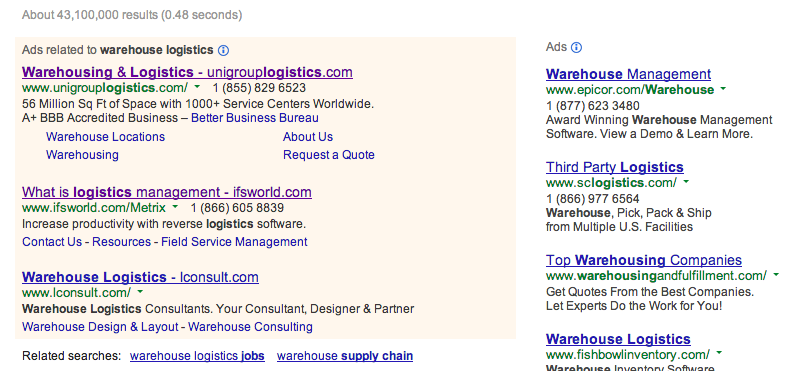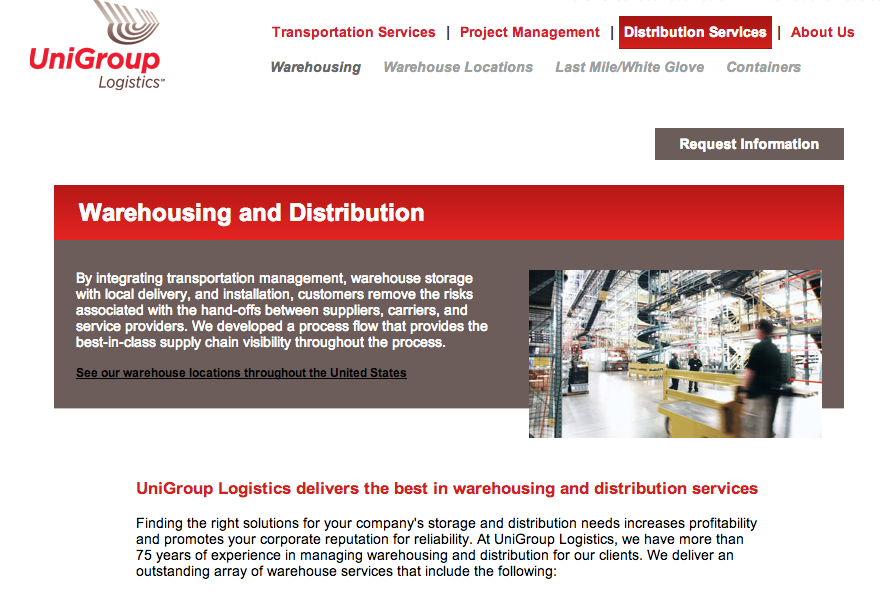Google Analytics offers great opportunities for you to track your business’s online conversions. Two heavy hitters are Pay Per Click (PPC)—paid advertisements like AdWords—and Organic, optimized through search engine optimization (SEO). However, one of these tactics appears to be falling by the wayside while one seems to thrive. At first glance, one might think that PPC is the best option, but only to the untrained eye. 
At its core, Google is an advertising network. It sells your data, it re-routes Internet visitors and gains a profit as a result. A large portion of this is accomplished through their PPC capabilities. Putting all of your eggs in to the proverbial PPC basket is like jumping into a shark tank. All of your other competitors are bidding and vying for the same small set of keywords, which most likely have the largest search volumes within your target audience’s range. But is firing visitors to your site what you really want?
Below are three examples of highly sought-after keywords. Their search volumes are high, their bids are high per ad, and the competition is very high. A large portion of online competitors are trying to get their hands on a small set of keywords to appear at the very top portion of the search engine results pages (SERPs).

Now, I’m not saying that PPC is a bad route to take when trying to drive traffic to your website, but depending entirely on PPC and investing all of your time and resources into paid advertising has risks.
In order to have a successful online campaign that drives your visitors to conversion, you need to establish multiple paths of micro conversions that lead to a macro conversion at the end of the process. Clicking on the PPC ad is considered a micro conversion. You have successfully convinced the Internet user to visit your site. Perfect! Now, what? The visitor comes to your site and wanders aimlessly through pages. She may not know where to go for pricing or product information and could eventually bounce.
It’s far too easy for online marketers and businesses to focus only on driving visitors to the site, but that’s not a very efficient way to do online marketing if your site isn’t optimized for the visitor. PPC ads accomplish one goal, and can only work with your website if you are already established when it comes to site layout, architecture and content. If it’s not, your site’s strategy may not succeed in the way that you want it to.
So, let’s say you’re searching for warehouse logistics and operations expertise. You type “warehouse logistics” into your Google search bar to find out as much information as you can about what’s out there, and this is what appears at the top of your screen.

Here are some great options at the top of this SERP. They must be relevant to warehouse logistics and they must have the information you want, right? Clicking on the top link brings you to this website, seen below. This is a very small website, and a very limited page that contains a brief introduction to the company, and the proverbial CTA in the form of “Request Information.”
One problem: I’m on the Internet. I have all of the world’s information at my fingertips. Why would anyone call or email a business when they can just click the back button and find what they’re looking for? This is a classic mistake for websites: driving a visitor to a hollow site that provides little in the way of answers. What if you were looking for information on computerized warehouse logistics, or “what is warehouse logistics” or you wanted a pricing guide to see how much the services would cost? Without the sought-after answers, the visitor will likely bounce from the site and you still paid for the click.
But when executed correctly, organic keywords and SEO can create a logical path for your site visitor. They can draw in potential customers through thousands of long-tail phrases with naturally relevant terms, as well as house a library of information and content in which the visitor can explore to find all of their answers. Within all of this can be a series of micro conversions that if completed, move the visitor to the next step in the conversion process, qualifying them step-by-step until they are ready to convert on your product or service.
Overall, the underlying theme between the two types of online keywords is that PPC favors the company or service buying the keywords, while Organic favors the audience. With Google moving to secure search and effectively eliminating keyword data, the SEO world went up in a flurry of posts about how SEO is dead, but the truth is SEO can never die—Google is simply trying to level the playing field for its PPC product. Natural search will always be a part of online marketing because search engines are designed to find the most relevant content online for a search query.
PPC, on the other hand, tries to game that by allowing people to buy their way into relevancy. Online marketers just can’t view this keyword data anymore, but organic search is absolutely crucial because it puts the consumer’s interests before the company’s.
PPC is a tactic that online marketers should consider utilizing, but only after they have optimized their site for content, architecture and SEO. Without doing so, the only online conversions a site will likely receive are from people who are absolutely ready to buy when searching for a specific term. Lucking out is a far more dangerous strategy than understanding the consumer and optimizing for their needs.
Image credit: Jeremy Page
